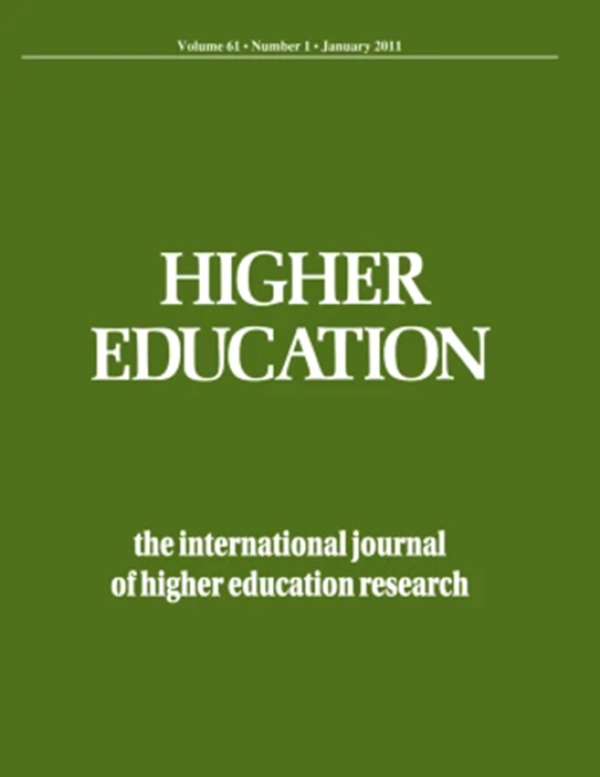
Neoliberal ideas have provided the rationale for sweeping reforms in the governance and operation of higher education. Despite this, little attention has been devoted to how well neoliberal theory illuminates the policy process by which neoliberal policy is enacted and implemented. This article expands our understanding of the origins, implementation, and impacts of neoliberal policies by examining the case of performance-based funding for higher education in the United States, Europe, Canada, Australia, and elsewhere.
With regard to policy origins, neoliberal theory correctly anticipates the key role that top government officials play in the development of performance funding. However, neoliberal theory fails to anticipate the important role of business and higher education institutions in the formation of neoliberal policies. Neoliberal theory correctly notes the important role of monetary incentives as policy instruments and the obstacles posed by gaming on the part of agents. At the same time, this article demonstrates that the implementation of performance funding also involves the use of other policy instruments. Moreover, the performance funding experience points to a host of obstacles beyond gaming to the effectiveness of performance funding. Finally, with regard to outcomes of neoliberal policymaking, the article demonstrates that outcomes fitting the neoliberal focus on organizational effectiveness and efficiency are only weakly produced by performance funding, but performance funding is associated with a host of unintended impacts that neoliberal theory ignores. The article concludes with recommendations for how to improve performance funding and how to construct policy models that go beyond the narrow imaginings of neoliberal theory.
This article appears in the journal Higher Education. It is based on a working paper—titled “Analysing Neoliberalism in Theory and Practice: The Case of Performance-Based Funding for Higher Education”—released by the Centre for Global Higher Education in March 2019.
